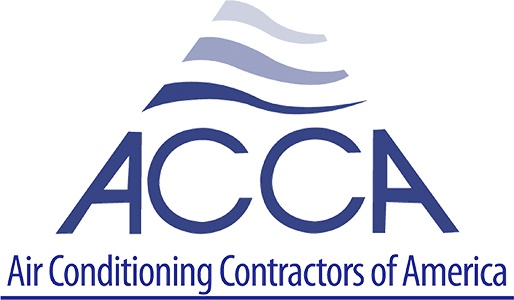Pipedoc’s Plumbing services are essential for maintaining the functionality and efficiency of our homes and businesses. From minor repairs to complex installations, understanding the basics of plumbing services can help you tackle common issues and make informed decisions. Here are the 20 most important frequently asked questions (FAQs) about plumbing services to provide you with the necessary knowledge to handle plumbing concerns effectively.
What services do plumbers provide?
Plumbers offer a wide range of services, including repairing leaks, unclogging drains, installing fixtures, maintaining water heaters, and handling sewer line issues.
When should I call a professional plumber?
It’s advisable to call a professional plumber for complex plumbing issues, major repairs, installations, or when you lack the necessary expertise and tools.
How do I find a reliable plumber?
Research local plumbing companies, read customer reviews, check licenses and certifications, and seek recommendations from trusted sources to find a reputable plumber.
How quickly should plumbing emergencies be addressed?
Plumbing emergencies, such as burst pipes or sewage backups, should be addressed immediately to prevent further damage and potential health hazards.
What should I do in a plumbing emergency?
Shut off the main water supply, if necessary, and contact a professional plumber right away to assess and address the emergency.
How can I prevent clogged drains?
Avoid pouring grease, coffee grounds, and food scraps down the drain, use drain covers to catch hair and debris, and periodically flush drains with hot water.
How often should I schedule plumbing inspections?
It is recommended to schedule plumbing inspections annually to identify potential issues before they escalate into major problems.
What causes low water pressure?
Low water pressure can be caused by mineral buildup in pipes, leaks, clogs, or issues with the municipal water supply. A plumber can diagnose and address the specific cause.
What are the signs of a water leak?
Signs of a water leak include a sudden increase in water bills, dampness or water stains on walls or ceilings, musty odors, or the sound of running water when no fixtures are in use.
How do I maintain my water heater?
Regularly flushing the water heater, checking the temperature and pressure relief valve, and scheduling professional maintenance can help prolong its lifespan.
What should I do if my toilet is constantly running?
Check the flapper valve, adjust the water level in the tank, and ensure the float is functioning properly. If the problem persists, a plumber can diagnose and fix the issue.
How can I prevent frozen pipes?
Insulate exposed pipes, keep cabinets open to allow warm air circulation, and let faucets drip during extremely cold weather to prevent frozen pipes.
How long do water heaters typically last?
The average lifespan of a water heater is around 8-12 years, although proper maintenance can extend its longevity.
Can I use chemical drain cleaners?
It is generally recommended to avoid using chemical drain cleaners as they can damage pipes and be harmful to the environment. A plumber can suggest safer alternatives.
How can I detect a gas leak?
Look for signs such as a rotten egg odor, hissing sounds near gas lines, or dying vegetation around gas pipes. If you suspect a gas leak, leave the premises immediately and call the gas company.
What is the best way to prevent plumbing issues while on vacation?
Turn off the main water supply to prevent leaks or water damage while you’re away. Additionally, consider having a trusted neighbor or friend check your property periodically.
How can I conserve water at home?
Install water-efficient fixtures, repair leaks promptly, take shorter showers, and use appliances like dishwashers and washing machines when they are full.
Can I install plumbing fixtures myself?
Installing plumbing fixtures requires expertise and knowledge of local building codes. It is recommended to hire a professional plumber to ensure proper installation.
How do I handle a sewer line backup?
If you experience a sewer line backup, avoid using any plumbing fixtures and contact a plumber immediately to assess and resolve the issue.
Are plumbing services covered by insurance?
Homeowners’ insurance may cover certain plumbing repairs depending on the cause and circumstances. Review your policy or consult with your insurance provider for specific details.
Understanding the basics of plumbing services empowers you to handle common issues, know when to call a professional, and take preventive measures to maintain a functional plumbing system. By familiarizing yourself with these 20 important FAQs, you’ll be better prepared to address plumbing concerns efficiently and make informed decisions regarding your plumbing needs. Remember, when in doubt, it’s always best to consult with our professionals plumbers for expert advice and assistance.



